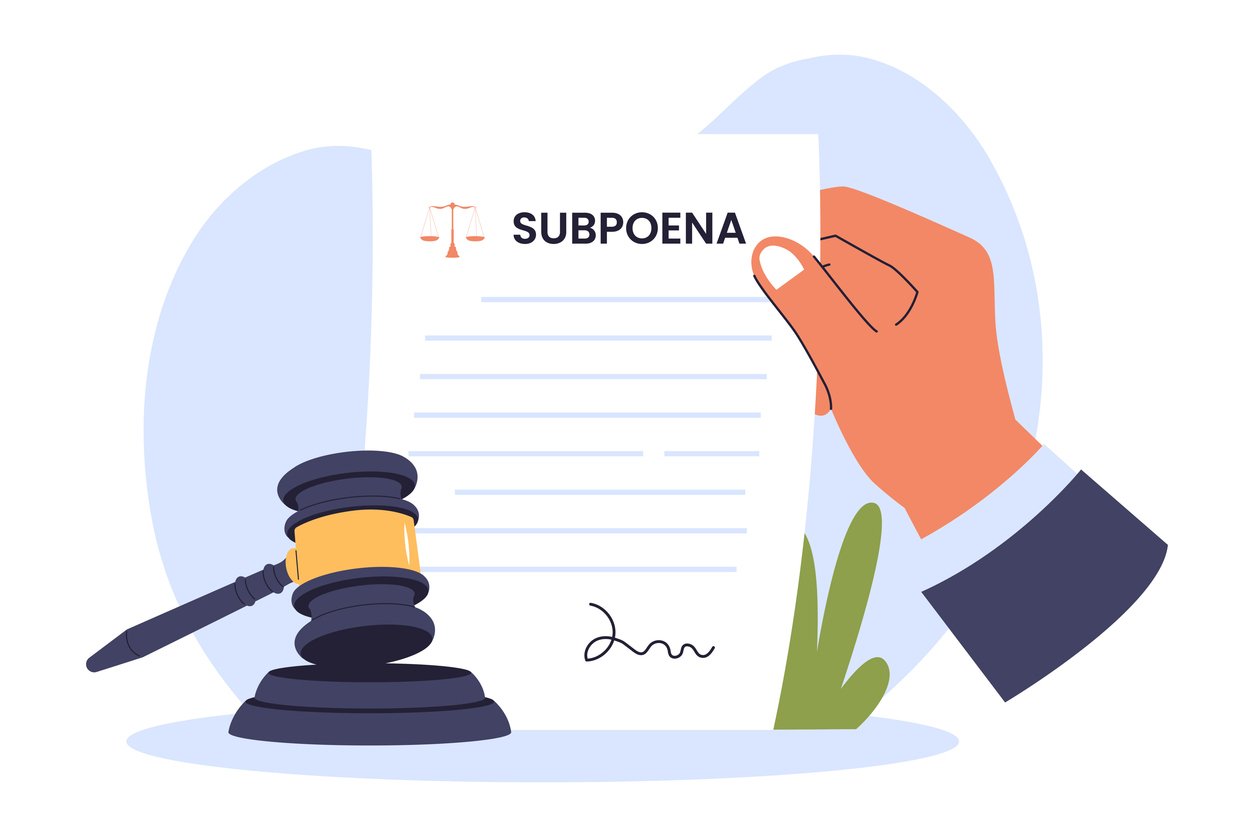 Tax season often brings the daunting task of filing returns. With the rise of digital solutions, e-filing has become a popular method for many taxpayers. However, it’s important to weigh the pros and cons to determine if e-filing is the right choice for you. In this blog post, we’ll explore the benefits and drawbacks of e-filing your taxes, helping you make an informed decision.
Tax season often brings the daunting task of filing returns. With the rise of digital solutions, e-filing has become a popular method for many taxpayers. However, it’s important to weigh the pros and cons to determine if e-filing is the right choice for you. In this blog post, we’ll explore the benefits and drawbacks of e-filing your taxes, helping you make an informed decision.
Advantages of E-Filing Your Taxes
Convenience and Accessibility
E-filing offers unmatched convenience. You can file your taxes from the comfort of your home at any time. This method eliminates the need to visit a tax office or mail in paper forms, saving you time and effort.
Faster Processing and Refunds
One of the biggest advantages of e-filing is the faster processing time. E-filed returns are processed more quickly than paper returns, leading to faster refunds. The IRS often processes e-filed returns within 21 days.
Accuracy and Error Reduction
E-filing systems are designed to catch common errors and discrepancies, reducing the likelihood of mistakes. This feature ensures that your return is accurate, minimizing the chances of audits or delays.
Secure and Confidential
Modern e-filing systems use advanced encryption technologies to protect your personal and financial information. This security measure makes e-filing a safe option for submitting sensitive data.
Drawbacks of E-Filing Your Taxes
Fees for E-Filing Services
While many e-filing platforms offer free services for simple returns, more complex filings may incur fees. These costs can add up, especially if you require additional services or features.
Technical Issues and Accessibility
Not everyone is comfortable using digital platforms. Technical issues, such as software glitches or internet connectivity problems, can hinder the e-filing process. Additionally, individuals who are not tech-savvy may find e-filing challenging.
Potential for Cybersecurity Threats
Despite advanced security measures, e-filing is not entirely free from cybersecurity threats. There is always a risk, albeit small, of data breaches or identity theft. It’s crucial to use trusted and secure e-filing platforms to mitigate this risk.
Requirement for Electronic Signatures
E-filing requires an electronic signature, which some individuals may find cumbersome. Additionally, certain documents or forms may still need to be mailed in physically, complicating the process.
Who Should Consider E-Filing?
Simple Tax Returns
If you have a straightforward tax return with no complex deductions or credits, e-filing can be a quick and efficient option. Free e-filing services are often available for simple returns, making it a cost-effective choice.
Tech-Savvy Individuals
Those comfortable with using digital platforms and software will likely find e-filing to be a smooth process. The ability to file taxes quickly and securely from home is a significant benefit for tech-savvy individuals.
Early Filers Seeking Fast Refunds
If you are eager to receive your tax refund as soon as possible, e-filing is the way to go. The expedited processing time means you’ll get your refund faster than if you filed a paper return.
E-filing your taxes offers numerous benefits, including convenience, faster processing, and enhanced accuracy. However, it also comes with potential drawbacks such as fees, technical issues, and cybersecurity risks. Weighing these factors can help you decide whether e-filing is the right choice for you. For personalized tax advice and assistance, contact Law Advocate Group, LLP. Our experienced attorneys can help you navigate the complexities of tax filing and ensure you make the best decision for your financial situation.




